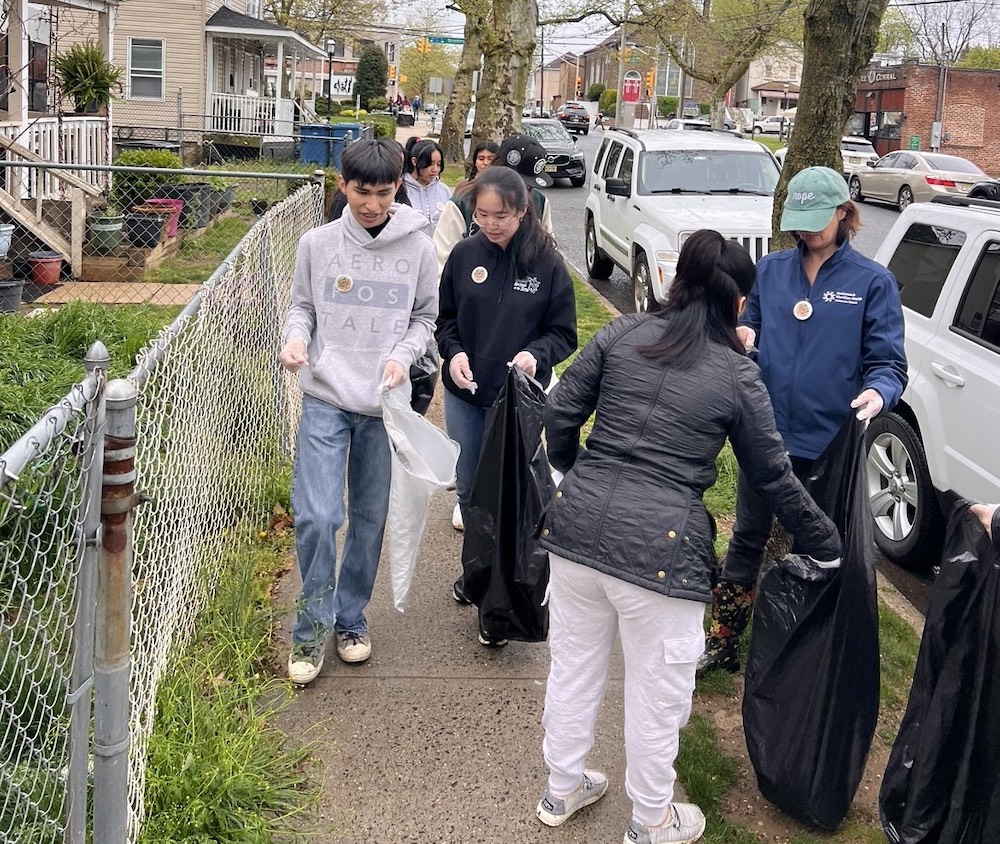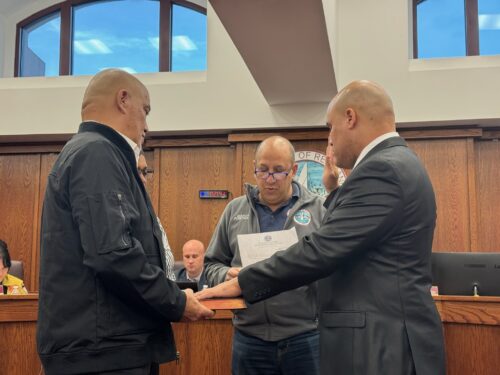
Three months ago, Red Bank officials were mulling the possible sale of a small piece of riverfront property to help offset a budget shortfall.
Last night, with the idea of sale apparently dead, they turned toward keeping it from ever falling into private ownership.
What changed? Pushback by canoers, kayakers, environmentalists and people who simply like the idea of having a place where they can dip their toes into the Navesink River without having to join a club.
The council directed the borough attorney to draft a resolution to include the quarter-acre lot at the foot of Maple Avenue in the town’s Open Space inventory report to the state. The council has also agreed to take steps to make the parcel, which adjoins a little-used parking lot, available for public waterfront recreational use.
“Everybody’s in agreement” that preserving the lot is desirable, Mayor Pasquale Menna said after last night’s bimonthly council session. Both the borough’s Waterfront Access Committee and the Monmouth Conservation Foundation have also expressed support for it.
The resolution is expected to be on the agenda for the June 23 meeting.
Conservation proponents, led by borough property owner and Fair Have resident Cindy Burnham, had come armed with their own draft resolution, but Menna said it had to be refined.
Today’s Asbury Park Press has a bit of background on an earlier effort to safeguard the property:
Several years ago, Menna said borough officials made an inquiry to the state Department of Environmental Protection about building a municipal boat ramp on the borough-owned land, which the DEP opposed because of environmental constraints.
“This is completely different,” Menna said of the latest proposal.
However, officials plan to talk to the DEP about uses for the Maple Street property. Borough Administrator Stanley Sickels said officials have requested a determination from the DEP about what is permissible.
“We don’t want to tick them off,” Sickels said. “You don’t want the work that everyone did (on June 1) to go to waste. We’re conscious of that.”





















